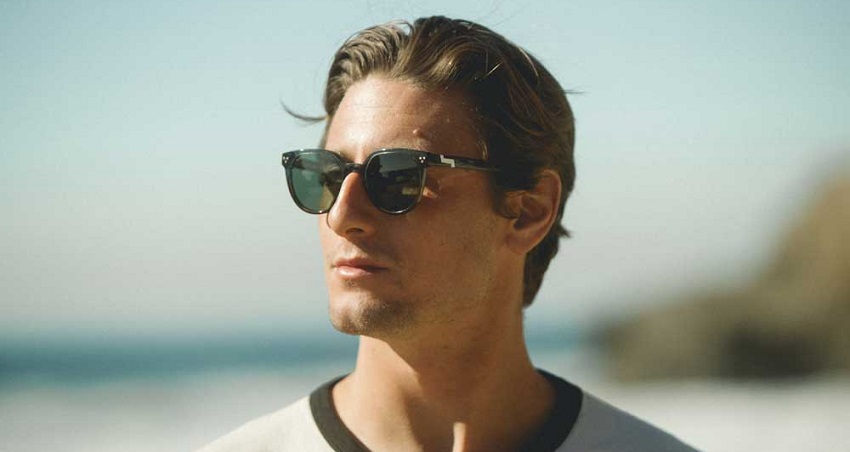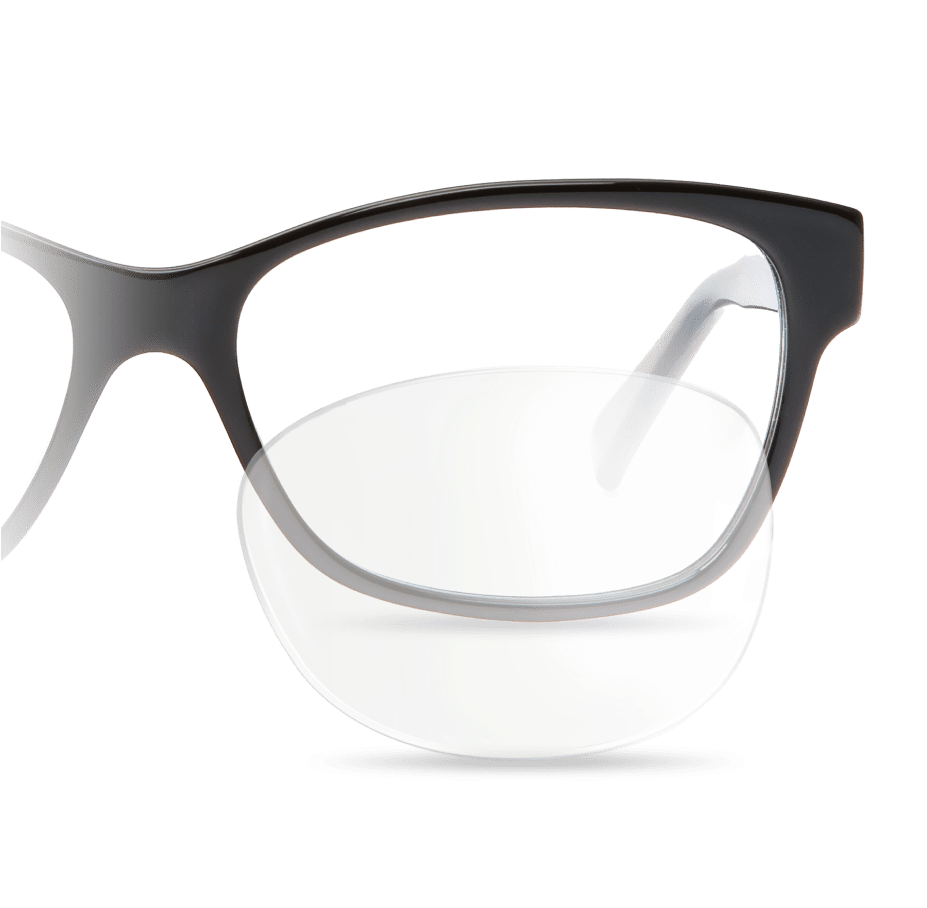How to Prepare Your Eyewear for the Bright Summer Months

The summer season is commonly characterized by the bright sun, sand, and fun-filled outdoor activities. But, people often forget that our eyes are vulnerable to the sun’s rays during this period, especially when we step out without proper protection. It is important to take special care of your eyes as there are risks involved.
If you want to protect yourself from both short-term eye challenges and potential long-term consequences, below are a few of the best ways to protect your eyes this summer with the proper summer eyewear. Read on!
Choose Sunglasses With Complete UV Protection
Sunglasses are an essential part of eye protection in the summer, but not all sunglasses (and their lenses) will keep you protected. Ultraviolet (UV) radiation is much stronger in the summer. Even though your lenses may be tinted a darker shade, it doesn’t necessarily mean your eyes are protected from these harmful rays. Look for ones that are labeled with UV400 or 100% UV protection, which means they can block the entire spectrum of UVA and UVB rays.
Wear Safety Goggles While Swimming
Whether you spend your summer on the beach or at the pool, water exposure can damage unprotected eyes in several ways. Goggles are important for both indoor and outdoor pools because, in chlorinated pool water, chlorine can be very irritating. In addition, in lakes and other non-chlorinated water bodies, microorganisms can survive and cause infection, so it’s important to protect yourself and your family from these risks.
In both cases, waterproof goggles are the best choice for eye protection.
Wear Hats
Sunglasses offer a lot of protection but not full coverage. There are still gaps around the lenses that allow access to sun rays. Wearing wide-brimmed hats can help to shield the entire face. You can also pair the hat with sunglasses for maximum protection.
Wear Sunglasses Even if You Wear Contact Lenses
Several brands of contact lenses are made with UV protection. However, they cover only the middle of the eye and not the area around the cornea – so you may be more exposed to sun damage if you wear contact lenses but plan to go outside. If you wear contact lenses without sunglasses, the sun can also cause dryness and irritation. So, even if you’re someone who wears contact lenses, it’s recommended to wear sunglasses as well for the best protection.
Consider Polarized Lenses
Polarized lenses can make outdoor activities like playing sports, being on the water, or driving enjoyable. You can choose from various colors like brown, grey, green, or yellow lenses as these are some best-polarized sunglasses colors. They’re also best for minimizing color distortion and reducing glare.
Where to Get the Best Brand?
Nowadays, there are many great options for sunglasses, whether you are shopping in person or an online eyewear store. You can get fashionable summer sunglasses to complement your look, but you still need to know if the lens used in the frame will protect your eyes. That’s why it’s essential to choose your sunglasses from a renowned retailer such as Replacement Lens Express (RLE). When you shop with RLE, you will be offered the best summer sunglasses that can reduce 100% UV radiation and at the same time give you a feeling of comfort and fashion. Contact us today to get started in picking out the sunglasses that are perfect for you!


























